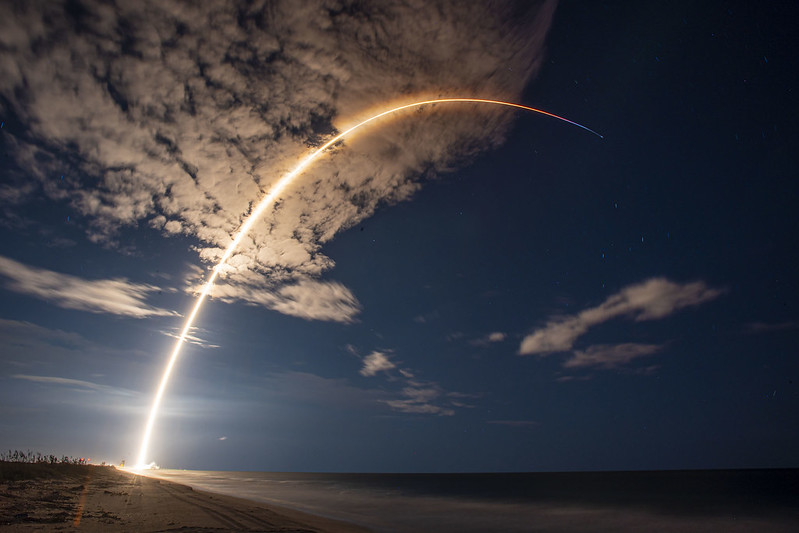After weeks of negotiation, Congress unveiled its compromise defense authorization bill for fiscal 2024 last week, with the wide-ranging conference report weighing in at 3,000+ pages.
Next steps: The Senate, which is expected to consider the bill first, has already voted to kick off debate of the annual bill. After a Senate vote, it’ll go to the House to get approval before heading to the president’s desk for signature—all of which needs to happen before Congress leaves DC for its winter break.
What’s in: There’s a lot in the bill that’s need-to-know info for active-duty Guardians (hello, extending the uniform allowance for those transferring into the new service by two years, or space operators’ new eligibility to attend the Naval Postgraduate School). But here are some of the changes that are likely to mean the most for industry partners trying to work with the Pentagon:
- The bill contains a provision championed by Rep. Salud Carbajal (D-CA) that would allow the Pentagon to recoup indirect costs, such as power and water usage, plus wear and tear on roads, from companies launching from military ranges.
- It also requires a report within 180 days of the bill’s passage laying out a plan for how the Space Force can better use commercial space situational awareness data, including a process to regularly re-evaluate what info is available on the commercial market.
- Congress also tasked the military to come up with a plan to expand threat-sharing arrangements with commercial operators within about six months.
What’s out: Everything didn’t make it into the final bill, which is a compromise after all. Some programs left out of the legislation include:
- A requirement to buy some specific satellite components from US domestic companies in an effort to help boost the commercial satellite industrial base.
- A report on how the Space Force can and should rely on nuclear thermal propulsion in the future.
Deja vu: Did you think the Biden administration’s selection of Colorado Springs as the home of US Space Command would be the last chapter in this years-long battle? Think again.
The bill prohibits DoD from spending any money on building the combatant command’s HQ in Colorado until the Pentagon’s IG submits a report on the decision in June.





